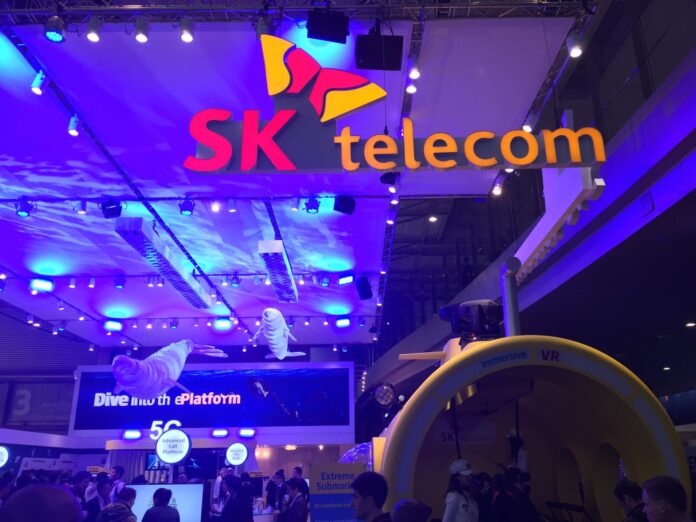SK Telecom initially applied this technology to the backbone section of the Seongsu and Boramae neighborhoods in capital Seoul
Korean carrier SK Telecom announced the deployment of what it claims to be South Korea’s first 400 Gbps high-capacity wired network, used in its 5G mobile communication backbone, local newspaper The Korea Economic Daily reported.
The carrier noted the new 400 Gbps network boosts network management efficiency by reducing the number of wired networks connecting the backbone.
“A rising number of services require large-capacity communication data traffic like artificial intelligence (AI) and the cloud,” the company said. “We decided to adopt this wired network ahead of the expansion of communication networks stemming from the future advancement of 5G and commercialization of 6G.”
According to the report, SK Telecom initially applied this technology to the backbone section of the Seongsu and Boramae neighborhoods in capital Seoul. The carrier said it expected to expand and install the 400 Gbps wired network to backbones across the country after further testing and monitoring tasks.
The new network is also expected to reduce energy consumption and improve environmental and social governance (ESG) management, through lowering the need for equipment space and lessening CO2 emissions due to reduced line construction, the report added.
SK Telecom also highlighted it will also closely follow network performance management including that of lines and equipment amid growth in backbone capacity.
Additionally, the carrier indicated that it will check the wired network’s performance based on AI and promote advancement of surveillance automation functions.
Subscribe now to get the daily newsletter from RCR Wireless News
SK Telecom recently announced its ambition to become a global artificial intelligence company by strengthening its own AI competitiveness and cooperating with partners globally.
The telco’s CEO Ryu Young-sang said the new ‘AI Pyramid Strategy’ would be centered around three key areas including AI Infrastructure, AI Transformation (AIX) and AI Service.
Under this new strategy, Ryu said that the carrier expects the proportion of AI-related investment to approximately triple from 12% over the past five years to 33% over the next five years.
The company noted that AI Infrastructure is an area where SKT’s technological capabilities are concentrated. The area consists of AI data centers, AI semiconductors and multi LLM.
In the mobile business, the company stated that AI holds the capability to significantly improve both profitability and customer experience, adding that AI can not only be used to acquire/retain customers and provide better customer support via AI Contact Centers, but also be applied to the network infrastructure to enhance the efficiency in network deployment and operation. The company expects that, in the mid-to long-term, AI will help reduce 20 to 30% of costs compared to the current level.
Going forward, SKT also plans to leverage its AI service-related experience and knowhow accumulated in the Korean market to develop a personal AI assistant service that can attract global customers.
The company expects that its partnerships with diverse global players — including the Global Telco AI Alliance — will help accelerate its progress in the AI field.

